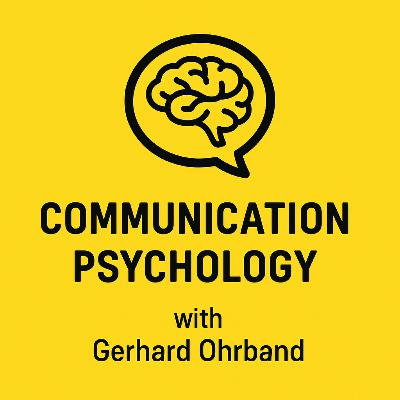How to learn a foreign language scientifically
Description
Tired of random language tips thatdon’t work? In this episode, we explore what science really says abouteffective language learning. From input and interaction to noticing andmemory—learn how to tailor your approach based on proven psychological and linguistictheories.
Whether you're a beginner oradvanced learner, this episode is packed with insights to help you learnsmarter.
Listen now and upgrade your languagegame!
Recommended reading
Ellis, N. C. (2006). Selective attention and transfer phenomena in SLA:Contingency, cue competition, salience, interference, overshadowing, blocking,and perceptual learning. Applied Linguistics, 27(2), 164–194.https://doi.org/10.1093/applin/aml015
Krashen, S. D. (1982). Principles and practice in second language acquisition.Pergamon Press.
Mackey, A., & Goo, J. (2007). Interaction research in SLA: Ameta‐analysis and research synthesis. In Z. Han (Ed.), Understanding secondlanguage process (pp. 165–180).
Saito, K., & Lyster, R. (2012). Effects of form-focused instruction andcorrective feedback on L2 pronunciation development: A meta-analysis. LanguageLearning, 62(2), 909–933. https://doi.org/10.1111/j.1467-9922.2012.00695.
Swain, M. (2005). The output hypothesis: Theory and research. In E. Hinkel(Ed.), Handbook of research in second language teaching and learning(pp. 471–483). Lawrence Erlbaum.





